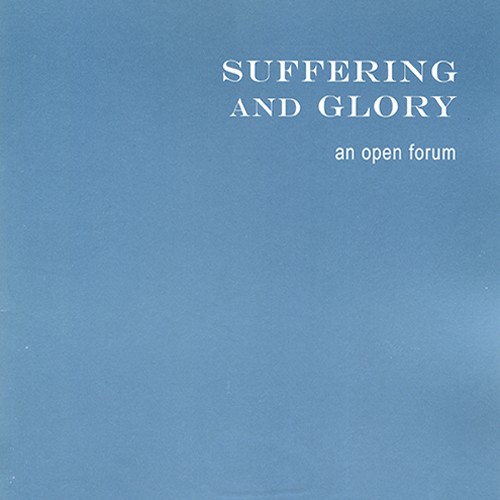Sermon
Training in Wisdom
By Tim Keller

Tim Keller | November 11, 2001
Open Forums are specifically designed for skeptics or those wrestling with the claims of Christianity. Each Open Forum included a brief concert by guest artists followed by a talk and open mic Q&A with Timothy Keller. This audio recording includes the talk only.